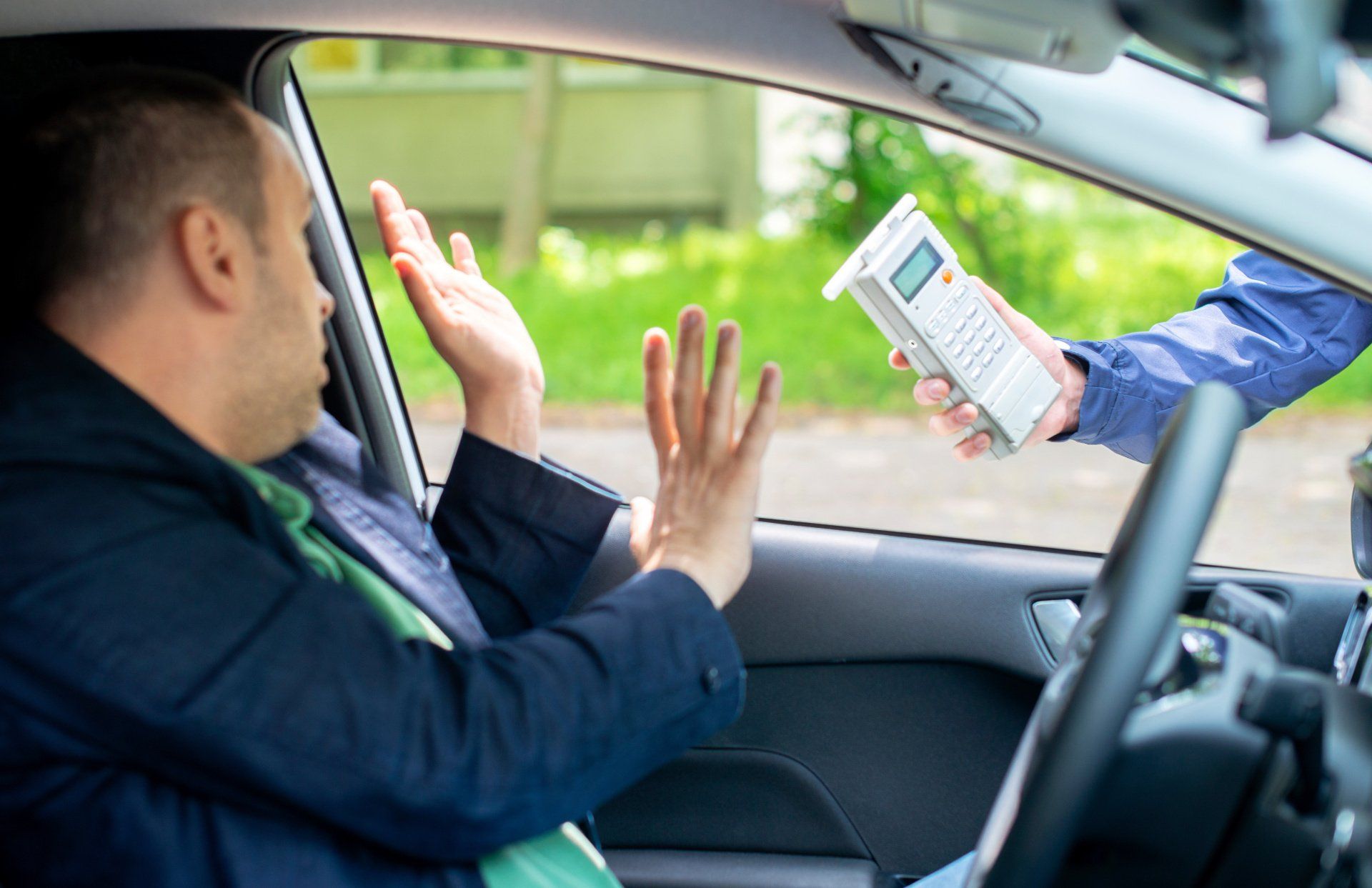Refusal of Breathalyzer, Blood or Urine Tests in Arizona and the Consequences Under the “Implied Consent” Law

In Arizona, you have unique rights on the road that protect you from incriminating yourself unintentionally. However, by obtaining a state driver’s license, you tacitly agree to implied consent.
Implied consent is a non-explicit agreement that if you’re driving on the road in Arizona and are stopped for potential DUI charges, you’ll willingly consent to drug and alcohol testing.
Refusing these tests can create complications for Arizona drivers that result in license suspension and possible leverage for the state if your case goes to trial. Although out of state drivers do not possess an AZ Driver’s License, they will lose their privilege to drive in Arizona which may or may not result in a suspension in their home state
Knowing your rights is key to navigating potential DUI convictions.
What Is Implied Consent Law in Arizona?
The implied consent law (ARS 28-1321) states that all Arizona drivers are subject to breath or chemical testing if they've been stopped for suspected driving under the influence. This statute is enforced to maintain driver and road safety by adding a safeguard to discourage people from assuming they can drive drunk so long as they refuse testing that can confirm their intoxication.
Consequences of Refusal
In Arizona, you legally have the right to refuse to submit to a breathalyzer or chemical testing if pulled over for a DUI. The officer must obtain a warrant to proceed with testing if you refuse to willingly submit to the test. However, refusal results in an automatic license suspension for at least one year. A second refusal within 84 months results in your license being suspended for two years.
Other consequences for refusing breath, blood or urine testing include:
- Officers may still proceed to test you with a warrant
- If the police feel they have probable cause, they may choose to go ahead with the arrest without impairment testing
- Your refusal may be used against you at trial and result in more aggressive prosecution and less leniency during sentencing
- Mandatory DUI classes
- Ignition interlock device (IID) installation may be required
Outright refusal of any testing may cost more in the long run for those looking to avoid a DUI conviction because the immediate consequences can be added regardless of the outcome of your DUI trial. There are better options available to lessen charges, such as consulting an experienced DUI lawyer upon your arrest to get advice on whether to refuse or consent.
Refusal of Field Sobriety Testing
Refusal of field sobriety testing is your choice. Field sobriety tests are non-invasive ways for authorities to determine impairment. Refusing to take a field sobriety test does not incur the same penalties as refusing chemical or blood testing. This is because these tests are often proved to have inaccurate results and are frequently challenged in court.
Field sobriety tests that are approved in Arizona include:
- The Horizontal Gaze Nystagmus Eye Test
- Walk and Turn Test
- One-leg Stand Test
There are many factors, such as climate, weight, physical fitness and time of administration that can affect the accuracy of field sobriety testing. Many sober drivers have trouble with field sobriety tests, which is why a skilled DUI lawyer can often successfully challenge supposed positive test results.
Do the Police Need My Consent to Conduct a DUI Breath or Blood Test?
Despite the “implied consent” laws, you still must verbally agree to undergo breath, blood or urine testing. Although you can initially refuse, law enforcement can obtain a warrant to force your involuntary compliance.
Voluntary consent is ideal when navigating most DUI accusations. If your testing was forced without your consent or a warrant, your rights may have been compromised.
It may also be considered a refusal and is grounds for license suspension if the person accused of impairment is unable to consciously consent or willingly participate in testing (e.g., the driver is passed out).
Technicalities can make all the difference in bringing about a favorable outcome in DUI defense, but not every criminal defense lawyer has the necessary experience, knowledge and skills to recognize and make use of those technicalities.
Want a Board-Certified DUI Lawyer in Phoenix? Contact Michael Alarid III
DUI Lawyer Michael Alarid III is one of only five Arizona attorneys currently board certified through the National College for DUI Defense (NCDD). Only attorneys who meet strict DUI knowledge and experience thresholds qualify for this level of certification.
DUI cases can be difficult and frustrating to navigate, but our practice is here to help. Contact us today at 602.818.3110 for a consultation.



